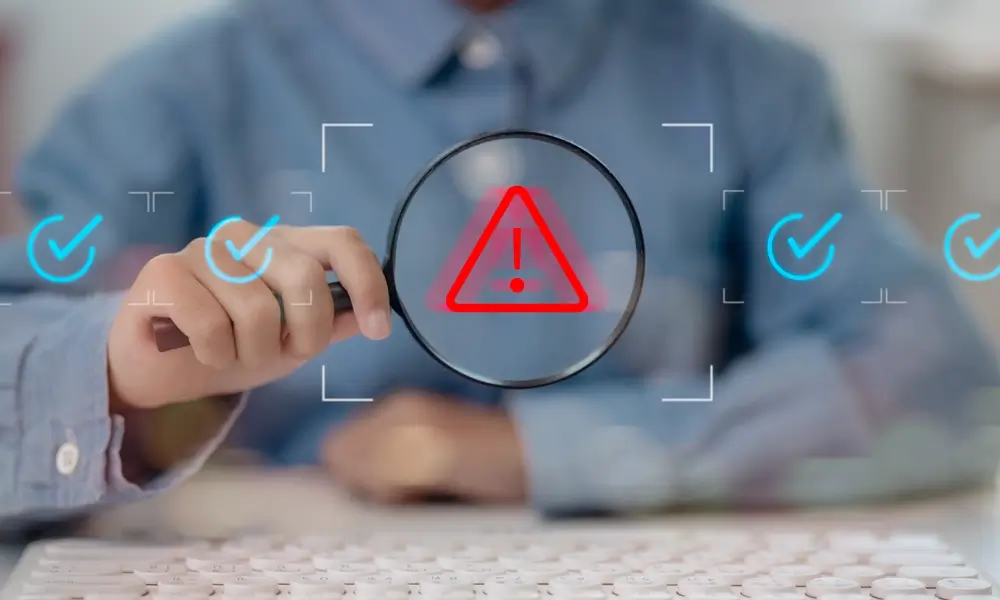The increasing digitalization of business operations brought numerous benefits, such as agility, connectivity, and automation. However, it also expanded the exposure of companies to cyber risks. In a scenario of increasingly frequent and sophisticated attacks, protecting data and systems is no longer optional: it's a matter of survival.

In this context, the systems auditing emerges as an essential ally in information security, allowing us to detect vulnerabilities, reinforce controls, and guarantee digital compliance. It is a technical and analytical process that examines the organization's controls, policies, procedures, and technological tools to assess its efficiency, safety, and compliance with legal and regulatory standards.
This audit can be conducted by internal teams or by external auditors who specialize in IT and information security. And its role is crucial for the prevention of cyberattacks, through the following actions:
1. Identifying vulnerabilities
During the audit, specialists analyze the company's entire IT infrastructure. Possible breaches that can be exploited by criminals, such as outdated systems, lack of encryption, use of weak passwords, or unauthorized access, are investigated. A early detection these critical points allow corrective measures to be adopted before incidents occur.
2. Evaluation of access controls
Access control is one of the pillars of corporate digital security. The audit assesses whether the access levels are correctly configured according to the employees' roles and whether there is effective monitoring of abnormal behavior or invasion attempts.
3. Analysis of information security policies
Companies with weak or outdated policies are more vulnerable. The audit verifies that security policies are aligned with current threats, that employees have been trained, and that there are clear guidelines regarding the use of devices, passwords, backups, and incident response protocols.
4. Verification of compliance with regulations and laws
Another role of auditing is to ensure that the company complies with laws such as LGPD (General Data Protection Law) and international standards such as ISO 27001. Compliance with these legal requirements reduces legal risks, improves the company's reputation, and strengthens its governance posture.
5. Recommendation of actions to mitigate risks
At the end of the process, the company receives a detailed technical report with practical recommendations: bug fixes, system reinforcement, and adoption of good IT governance practices. These measures significantly increase the the organization's digital resilience in the face of cyber threats.
Companies that see the systems auditing as a strategic tool they come out ahead. Instead of reacting to incidents, they anticipate risks, save resources, and protect one of their most valuable assets: information. In addition, they strengthen the culture of internal security and generate more trust among clients, partners, and investors.
A information security it's a permanent challenge. In this scenario, systems auditing stands out as one of the most effective defenses. With it, your company can identify vulnerabilities, correct flaws, maintain compliance, and operate in a more secure digital environment.
Investing in systems auditing is investing in the continuity, reputation, and future of your business.





